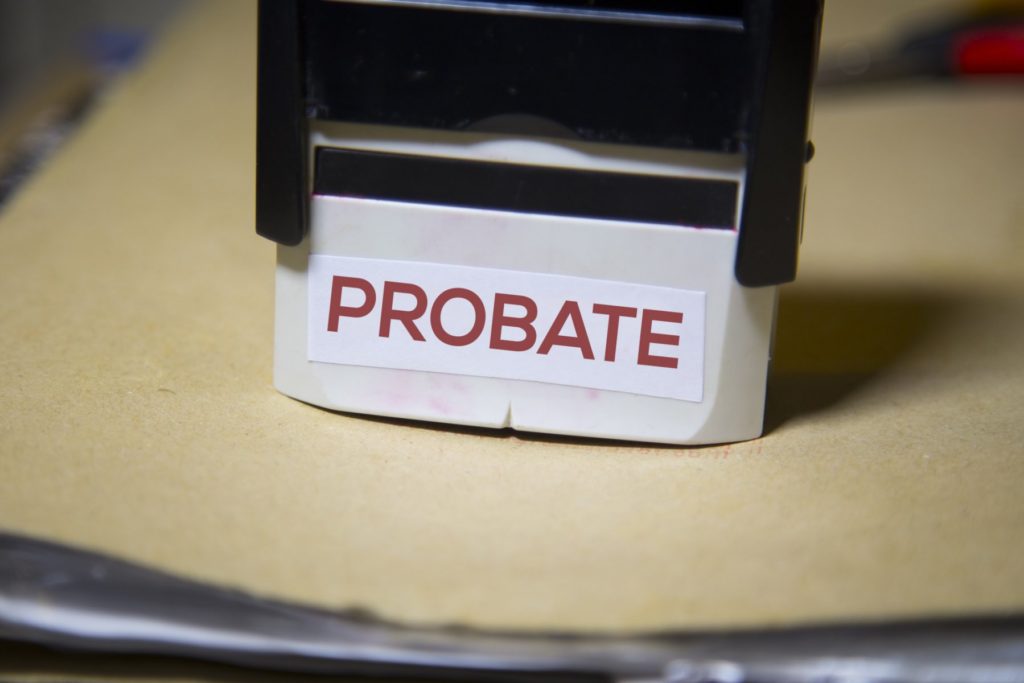The Uniform Probate Code (UPC) was developed in 1969. It was developed to set more universal comprehensive standards in order to make the probate process simpler and fairer. It has been updated and amended many times through the years.
Even though most states have adopted some or all the terms of the UPC, we still have a long way to go to shorten and streamline this rather tedious process. Usually when someone dies in America, his or her assets have to go through some form of probate.
Probate is often a too complex, costly and time-consuming ordeal, which still varies state-to-state. Heirs may become frustrated waiting for their inheritance. There is a lack of transparency on exactly how this process works.
Probate is a process that is supervised by a court where a person’s assets are transferred to their heirs after death. When someone dies, their personal representative (PR), executor or estate administrator must inventory their assets, arrange for all debts to be paid off, and if necessary, file tax returns for the estate. The remaining assets are then supposed to be distributed, as the deceased persons “will” directs.
These activities are usually conducted by a person acting in a fiduciary capacity, either as executor, a personal representative or as a trustee. In most states anyone can be a personal representative.
This includes family members, friends or even a personal attorney. If the will doesn’t name an executor, probate will appoint one. Most often an heir is chosen by the probate court if someone is not named in the will.
Keep in mind that every estate is different, and the process still varies state-by-state. So even if you have an inheritance coming you may have a long time to wait.






